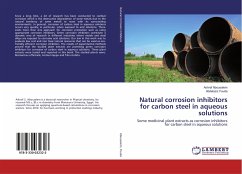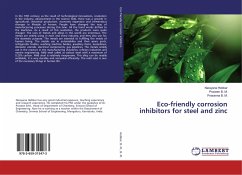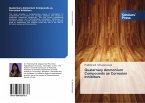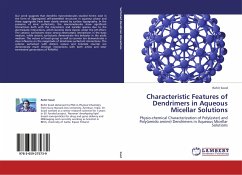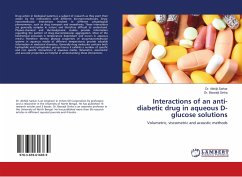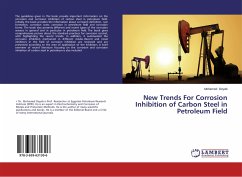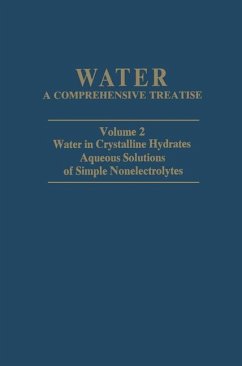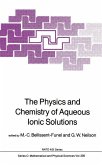Since a long time, a lot of research has been conducted to combat corrosion which is the destructive degradation of some metals due to the natural tendency of some metals to react with its surrounding environments. In general, corrosion of carbon steel in aqueous solutions occurs very quickly, in particular, when exposed to acid solutions. There exists more than one approach for corrosion protection such as using appropriate corrosion inhibitors. Green corrosion inhibitors constitute a dynamic area of research in different industries where metals and steel alloys are exposed to corrosive acid solutions. Our aim in this work was to evaluate low cost and non toxic natural resources that can be used as eco-friendly efficient corrosion inhibitors. The results of experimental methods proved that the studied plant extracts are promising green corrosion inhibitors for corrosion of carbon steel in aqueous solutions. Three plant extracts were tested and reported in this book. The studied plants were, Rosmarinus officinalis, Arctium lappa and Tilia cordata.
Bitte wählen Sie Ihr Anliegen aus.
Rechnungen
Retourenschein anfordern
Bestellstatus
Storno

